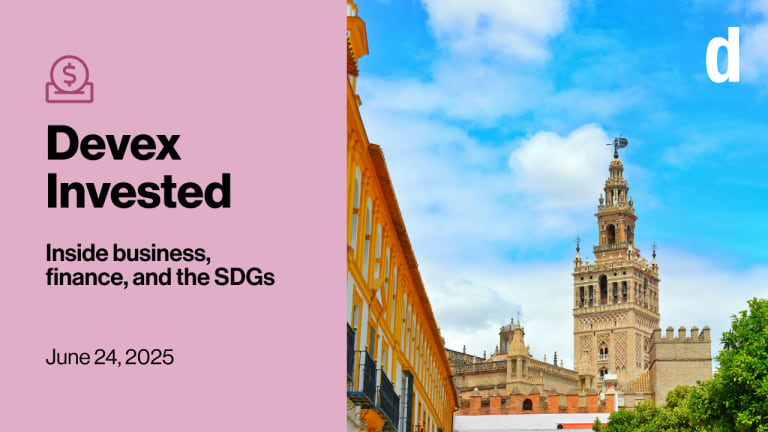The Asian Development Bank’s (ADB) anti-graft division barred 61 companies and 48 individuals from involvement in its projects last year, an internal report published this month showed. The ADB, set up in 1966 to help alleviate poverty in Asia, has stepped up its oversight of development projects in recent years to avoid fraud scandals that have hit other multi-lateral lenders such as the World Bank, which uncovered “serious incidents” of fraud and corruption in health projects in India. Reuters said the Manila-based ADB’s Integrity Division said it had received 211 complaints last year, a 23 percent increase from 2006.
India, China and other emerging economies are in the “perfect storm” of global financial risk sparked by the US credit crunch and should mull steps to avoid a sharp downturn, the International Monetary Fund (IMF) chief said Feb. 13.IMF Managing Director Dominique Strauss-Kahn told a meeting of Indian economists that large fast-growing economies like India and China had not ?decoupled? from poor growth prospects in the US and Europe. Emerging markets needed to consider how much scope there was for monetary easing or fiscal stimulus, he said, although not all emerging economies should loosen fiscal policy.
The International Finance Corporation (IFC) will invest more than USD 1.5 billion in the Middle East and North Africa (MENA) in 2008, Michael G Essex, IFC Director for the region, told Gulf News. ?Our primary objective in the Middle East and North Africa region is to encourage intra-regional capital flows, particularly into emerging markets from the capital rich countries of the region. As part of these initiatives, we take equity participation in projects along with private sector partners,? said Essex. In 2007 the IFC invested more than USD 1.2 billion in 45 companies across MENA, covering a dozen countries and accounting for about 15 percent of IFC’s investments across the world. Overall, IFC invested USD 8 billion from its own account last year and mobilized an additional USD 4 billion while its commitment to sub-Saharan Africa more than doubled to USD 1.4 billion.
The G7 major economic powers at the weekend confirmed their strong link with emerging economies, Japanese government officials said. G7 Finance Ministers met with their counterparts from China, Indonesia, South Korea and Russia to weigh the impact of the US sub prime woes. In an ?outreach? session, the ministers agreed that the industrialized and emerging economies cannot exist alone, and that they would affect each other as if they were moving toward a “common destiny.” Kyodo reports the session followed the G-7 Finance Ministers’ discussion earlier in the day with Central Bank Governors from Britain, Canada, France, Germany, Italy, Japan and the US.




